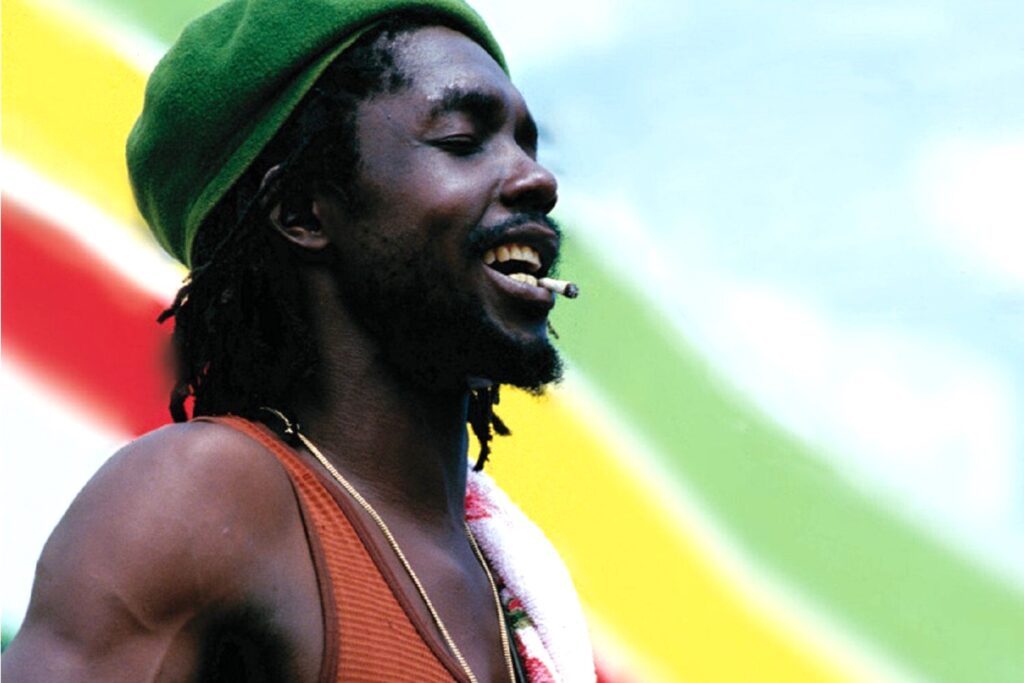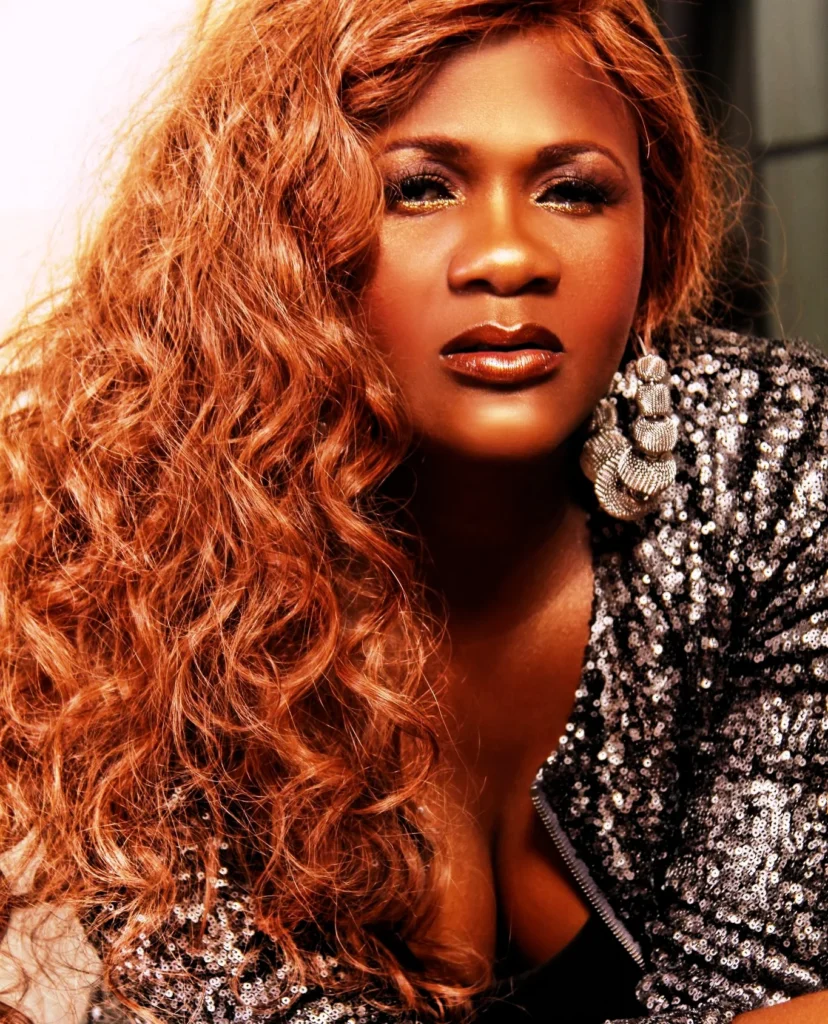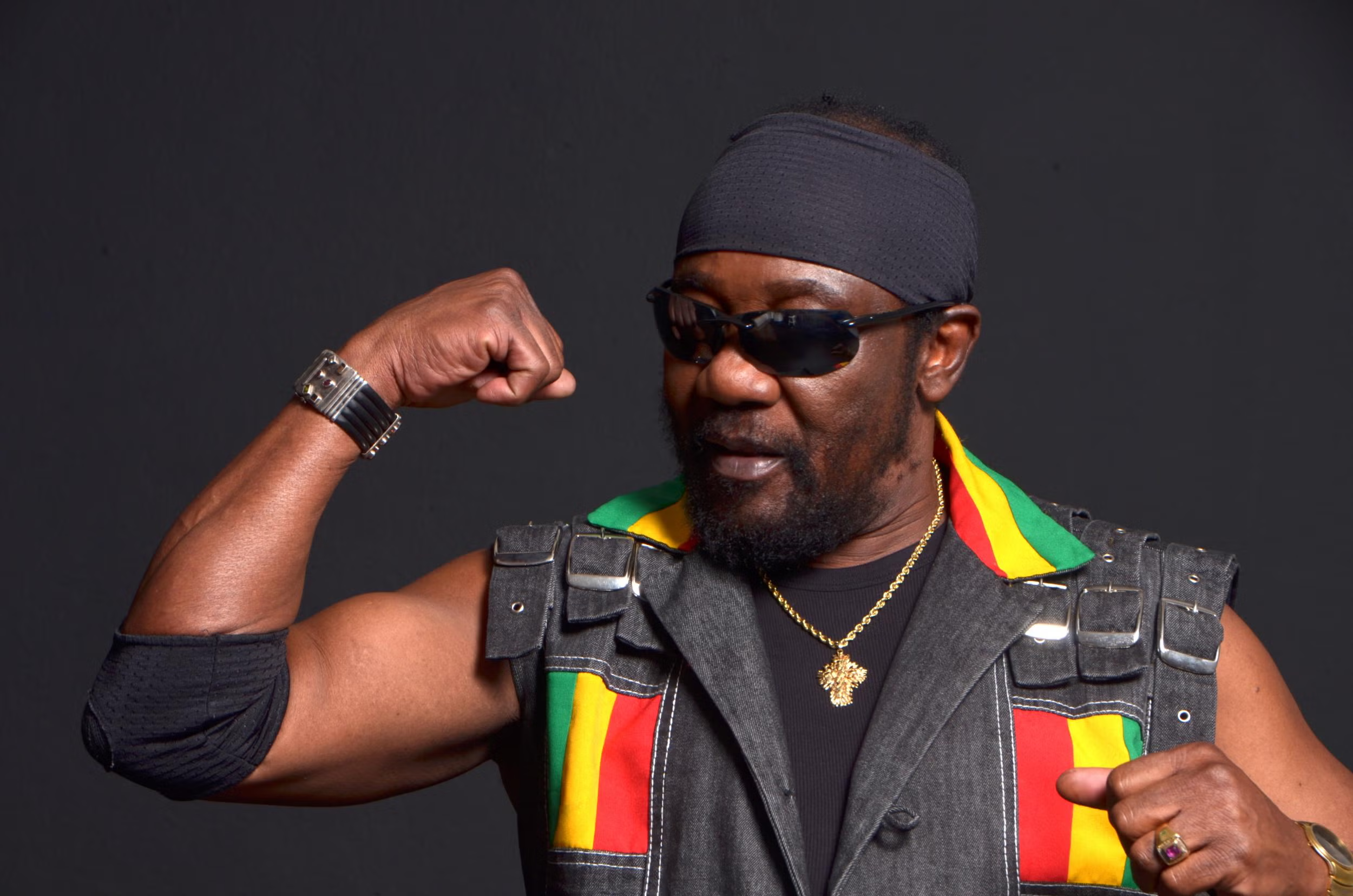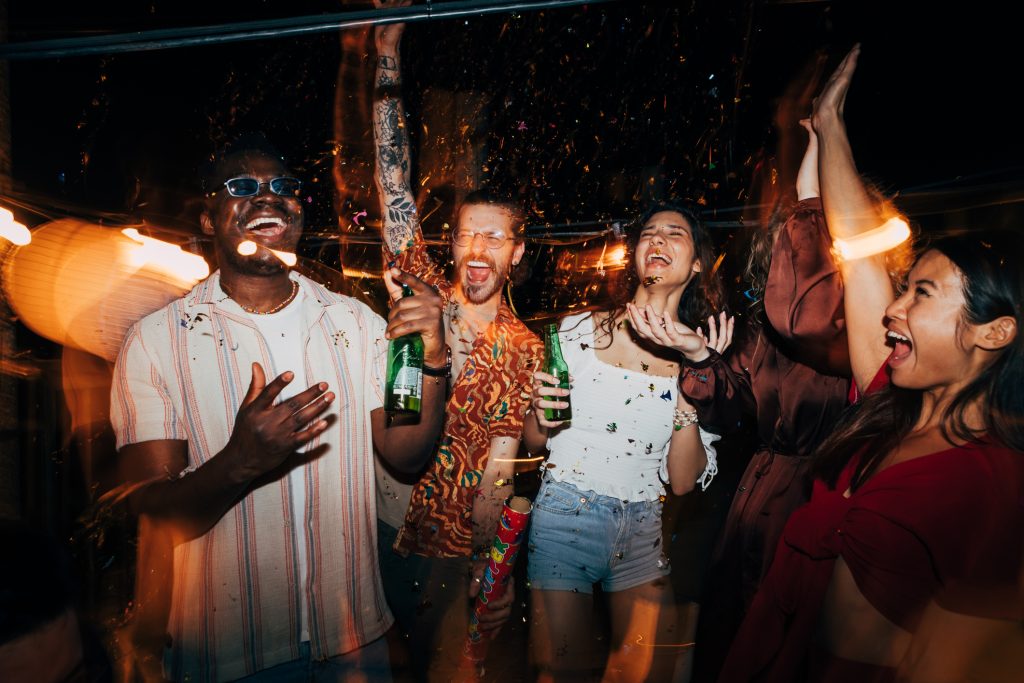When it comes to Jamaican music, deciding who the best Jamaican artists of all time are it’s like choosing between cow foot and oxtail—there’s no wrong answer, but everyone’s got a strong opinion. Reggae and dancehall legends have shaped global music, and ranking them might be impossible. Instead, let’s do something more fun: compare them within their eras and styles. You’ll be surprised by who we think deserves the edge in each category. Let’s stir the pot a little, shall we?
1. Peter Tosh vs. Bob Marley

- Why Compare Them? These two came from the same roots, both members of The Wailers. But while Marley became the global face of reggae, Tosh stayed raw, militant, and fiercely independent.
- Verdict: Peter Tosh deserves this one. Now, let’s not jump to the easy answer just because Marley went international faster. People tend to choose Marley by default, but Tosh’s uncompromising messages and fiery activism can’t be ignored. Sure, Marley preached love and unity, but Tosh was out here demanding radical change. He was a fighter, not just a dreamer, and his songs like “Equal Rights” and “Legalize It” show his fearless approach to tackling the system head-on. Tosh wasn’t afraid to push boundaries, and his work was the unapologetic call for justice reggae needed. Marley made the world sing along, but Tosh made you sit up and think.
2. Jimmy Cliff vs. Burning Spear
- Why Compare Them? Jimmy Cliff brought reggae to the big screen, giving it a visual presence, while Burning Spear is the purest form of roots reggae, deeply spiritual and historical.
- Verdict: Cliff takes it. While Burning Spear’s meditative, roots-heavy tunes connect deeply with the soul, Cliff’s role in The Harder They Come propelled reggae onto the global stage. Cliff didn’t just perform; he packaged reggae in a way that made it digestible to a worldwide audience without losing the genre’s authenticity. That’s a tough act to beat.
3. Toots and the Maytals vs. Dennis Brown
- Why Compare Them? Toots gave reggae its early energy, blending ska into the mix, while Dennis Brown, the “Crown Prince of Reggae,” serenaded the world with his silky voice and lovers rock.
- Verdict: Toots by a narrow margin. Dennis Brown’s voice is as smooth as rum cream, but Toots’s raw energy and sheer influence on the development of reggae are undeniable. “Pressure Drop” and “54-46 That’s My Number” are timeless hits that not only helped define the genre but also brought the excitement of Jamaican music to the world. Dennis had the croon, but Toots had the spark.
4. Gregory Isaacs vs. Alpha Blondy

- Why Compare Them? Both artists are known for their smooth delivery—Isaacs in the lovers rock lane and Alpha Blondy bringing reggae’s message to Africa with his unique sound.
- Verdict: Isaacs steals it. Gregory Isaacs’s seductive, smooth voice on tracks like “Night Nurse” is unforgettable. While Alpha Blondy’s fusion of African sounds with reggae is revolutionary, Isaacs’s effortless charm has stood the test of time. Isaacs made lovers rock a staple, and that smooth, slow-burning style is still drawing in listeners today.
5. Culture vs. Shabba Ranks
- Why Compare Them? Culture represents roots reggae’s spirituality and deep consciousness, while Shabba Ranks brought dancehall’s raw energy to the forefront.
- Verdict: Shabba wins this one. Culture’s music is timeless and thought-provoking, but Shabba’s undeniable swagger and energy in the dancehall scene make him the standout. With hits like “Mr. Loverman,” Shabba not only dominated the charts but also helped push dancehall to the global stage. He’s a king of his era, and his lasting influence can’t be ignored.
6. Sizzla vs. Lady Saw

- Why Compare Them? Sizzla brings deep Rastafarian messages and spirituality, while Lady Saw dominated the dancehall space with unapologetic boldness.
- Verdict: Lady Saw breaks the tie. Sizzla’s spiritual music is inspiring, but Lady Saw shattered barriers in a male-dominated industry. As the Queen of Dancehall, she empowered women with tracks that were bold, brash, and entirely her own. She paved the way for other women in dancehall, and her impact goes beyond just music—it’s about representation.
7. Buju Banton vs. Chronixx
- Why Compare Them? Buju Banton transitioned from hard-hitting dancehall to roots reggae, while Chronixx is leading the current reggae revival with his conscious messages.
- Verdict: Buju takes the crown. Chronixx is a fresh, conscious voice, but Buju’s evolution from “Boom Bye Bye” to Til Shiloh is one of the most powerful journeys in reggae history. His ability to seamlessly navigate between dancehall and roots reggae while delivering messages of spiritual awakening gives him the edge. Chronixx is the future, but Buju’s already secured his legendary status.
8. Johnny Osborne vs. Barrington Levy
- Why Compare Them? Both are key figures in the dancehall era, with Osborne’s smooth delivery contrasted by Levy’s unmistakably raw and unique vocal style.
- Verdict: Levy wins. Johnny Osborne has that laid-back groove, but Barrington Levy’s voice is one of the most recognizable in reggae and dancehall history. With hits like “Here I Come,” Levy’s energetic, high-pitched delivery set him apart. His music still moves crowds, giving him the edge in this matchup.
9. U-Roy vs. Beenie Man
- Why Compare Them? U-Roy is the father of toasting, while Beenie Man calls himself the “King of Dancehall.” They both played pivotal roles in different eras of DJ culture.
- Verdict: Beenie Man takes this one. U-Roy laid the foundation for the modern-day DJ, but Beenie Man’s crossover success and hit-making ability make him stand out in the dancehall scene. With tracks like “Sim Simma,” Beenie Man brought dancehall to mainstream audiences and managed to stay relevant over decades, making him a dancehall powerhouse.
10. Burning Spear vs. Capleton
- Why Compare Them? Burning Spear is the embodiment of roots reggae, while Capleton brings a fiery, conscious energy to dancehall.
- Verdict: Capleton edges it out. Burning Spear’s meditative and spiritual roots reggae is timeless, but Capleton’s high-energy, electrifying performances make him hard to beat in terms of stage presence and impact on modern reggae. Spear’s calm wisdom resonates, but Capleton’s fiery delivery ignites crowds like no other.
Who’s Really the Best Jamaican Artist?
There’s no single answer to who the best Jamaican artist of all time is, and that’s what makes this discussion so fun. Whether you’re backing Peter Tosh’s militant edge or swaying to Gregory Isaacs’s seductive croon, one thing’s for sure: Jamaican music is packed with legends who’ve all left their mark in different ways. But hey, don’t take my word for it—what do you think? Let the debate continue!






A great breakdown of some incredible Jamaican artists! I wouldn’t have thought to compare their talents, so this made for an interesting read. It was also nice to be introduced to some artists I wasn’t familiar with.
Wow! This is nice post because we can be familiarized with Jamaican artist. I love this.
Sounds like a wonderful selection of Jamaican artists to check out. I’m ashamed to only know Bob Marley but will definitely try to get to know more.
Ouh I love Jamaican music and discovering new artists! I will definitely be checking them out.
Thanks for your brilliantly breaks down the top Jamaican artists, offering fresh insights and sparking lively debates for reggae fans!! Good read